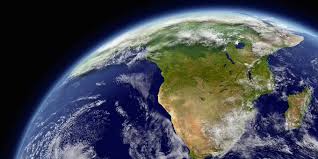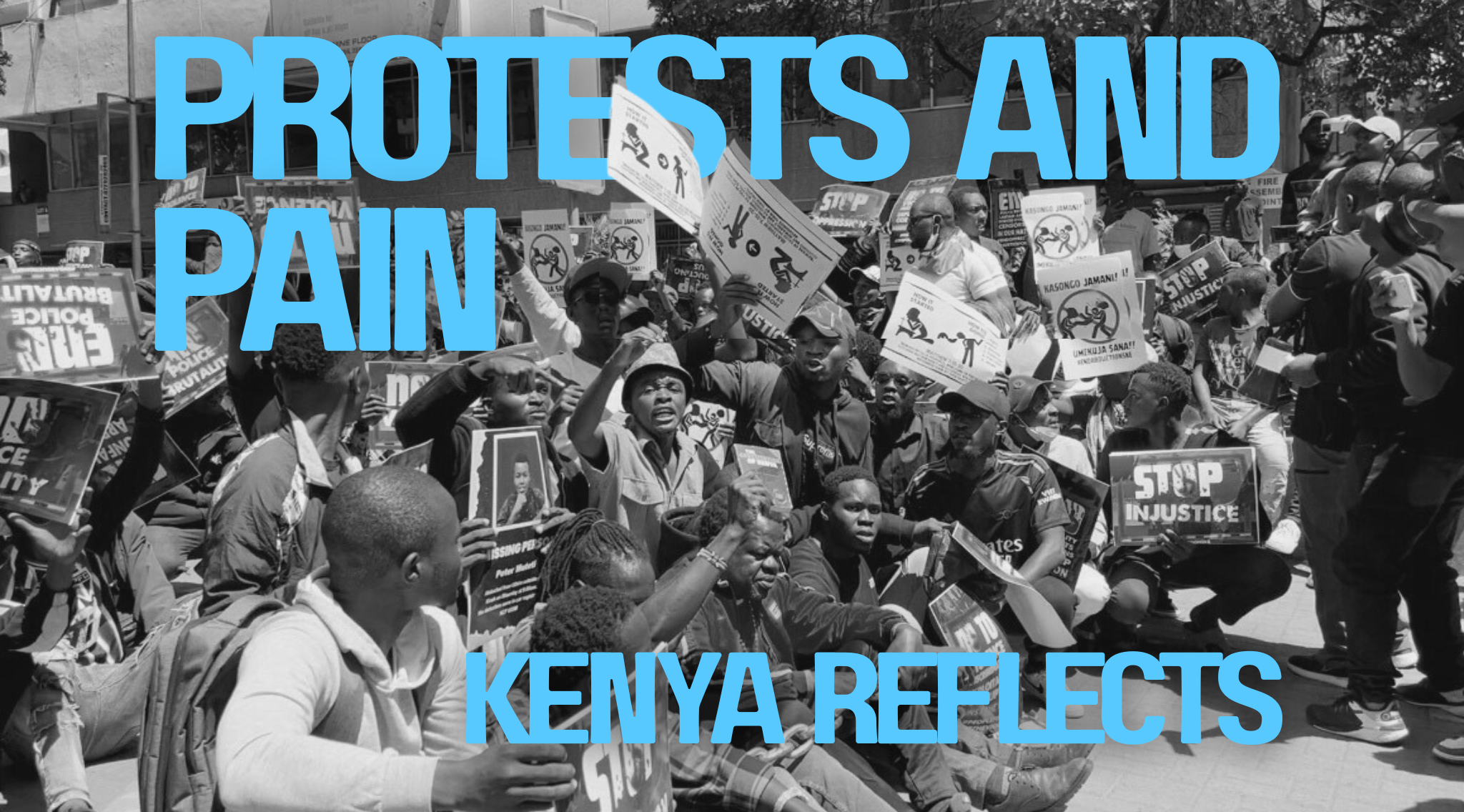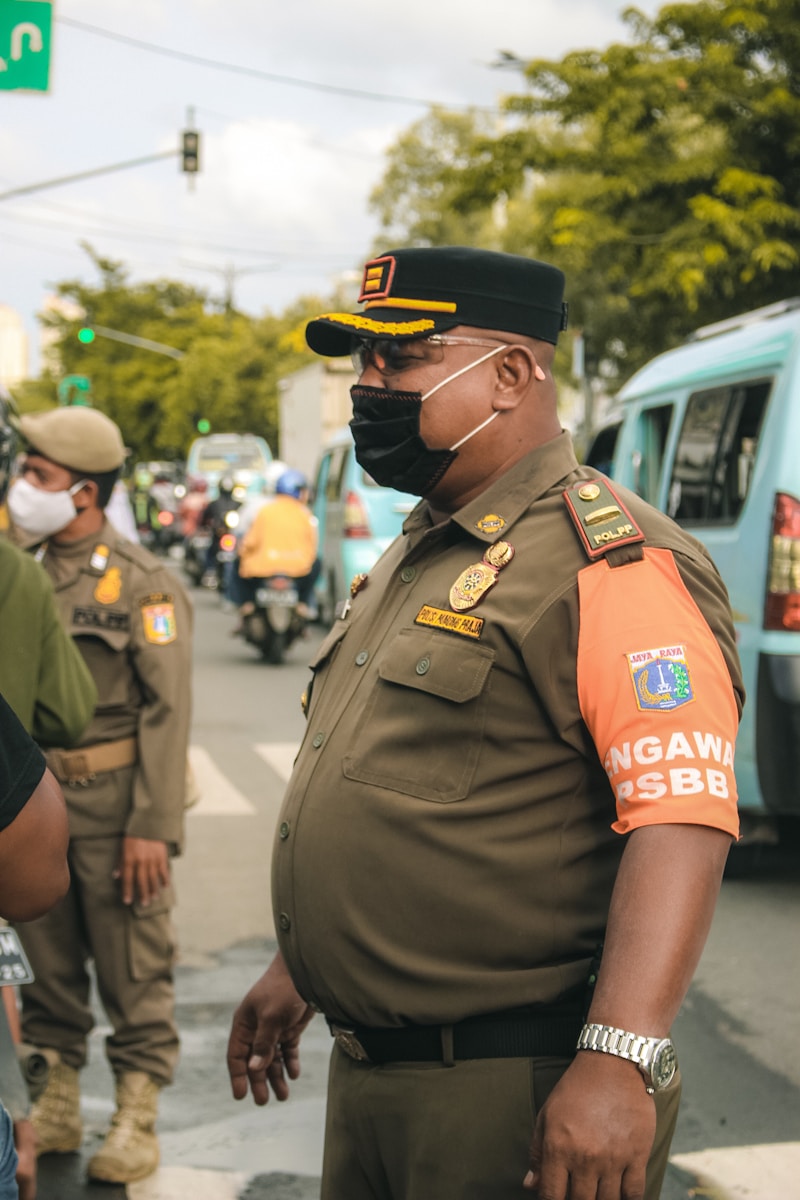Solar Geoengineering Africa is becoming a controversial topic as outside actors push for testing speculative climate fixes on the continent, raising serious ethical, environmental, and political concerns.
Outside actors are increasingly looking to test speculative climate fixes such as solar geoengineering in African countries; this potentially dangerous course of action would divert financing and support from real solutions, while putting the continent’s ecosystems and communities at risk.

Africa is suffering some of the worst consequences of a climate crisis that it did not create. As rising temperatures, erratic rainfall, droughts, and floods devastate communities and ecosystems across the continent, those in the West who are most responsible for global warming are cooking up plans to test speculative climate fixes in African countries. This gamble with the future of the continent – and the planet – is a grave act of climate injustice and an affront to African leaders, many of whom have publicly expressed their concerns about the promotion and normalization of such technologies.
Perhaps most unsettling is the growing effort to study and implement solar geoengineering, also called solar radiation modification (SRM), a set of high-risk technologies that seek to reflect sunlight into space to cool the planet. This strategy does not address the underlying causes of climate change, nor does it offer a long-term adaptation solution. Instead, it would temporarily treat the symptoms, all while causing unanticipated – and potentially disastrous – consequences.
The risks associated with solar geoengineering are profound, particularly in climate-vulnerable Africa. SRM could change rainfall patterns and interfere with monsoons, potentially endangering food systems, displacing communities, and causing ecosystem collapse. Moreover, the prospect of outside actors testing such planetary-scale interventions in African countries echoes the many harmful medical, agricultural, and economic experiments on Black people and communities throughout history.
More broadly, the Global North’s rush to expand solar-geoengineering research in the Global South raises serious concerns about power, equity, and justice in global climate governance – especially about who is setting the research agenda. True, some of the world’s biggest SRM funders have proclaimed their commitment to include African scientists in knowledge creation. But it is necessary to consider whose interests are being served by this research trajectory.
African scientists are increasingly being drawn into initiatives largely funded and shaped by actors in the Global North. The result is a growing asymmetry: African researchers provide knowledge, data, and legitimacy, but the real decisions are made elsewhere.
SRM research is not just a scientific issue; it raises moral, ethical, and political questions that must not be ignored. Should we be allowed to play God with Earth’s thermostat? Who decides what level of cooling is “safe”? How can important decisions be made without accountability mechanisms or the consent of those who will be most affected? Who is responsible if things go wrong, or if there are cross-border consequences? And, most importantly, who controls the technology, and who bears its costs?
We must recognize that SRM research can never be impartial: it influences policy priorities, validates the use of certain methods, and has real-world effects. Putting money into studying SRM while not fulfilling climate-finance commitments or delivering on the loss and damage fund established at the 2022 United Nations Climate Change Conference in Sharm El-Sheikh is dangerously shortsighted.
The Intergovernmental Panel on Climate Change has warned that SRM measures “face large uncertainties and knowledge gaps, as well as substantial risks.” The Convention on Biological Diversity agreed in 2010 to a de facto moratorium on solar geoengineering – a position that it reaffirmed last year – in recognition of the serious threats it poses to biodiversity and local communities. And more than 560 academics from over 67 countries have signed an open letter calling for an international non-use agreement on solar geoengineering. This has spurred a global movement, with more than 2,000 civil-society groups and 4,700 people endorsing the petition.
Solar geoengineering could also become an excuse to continue delaying emissions reductions. By creating the illusion of a technological fix, it allows governments and corporations to avoid the challenging work of transforming energy systems and ending fossil-fuel dependence.
There are no shortcuts to a healthy planet. Addressing the climate crisis requires systemic change and a focus on those who are most affected, putting them front and center as leaders of climate action rather than as test subjects for speculative technologies. Africa has already begun doing just that, implementing equitable and just climate solutions such as agroecology, renewable energy, ecosystem restoration, and community-led adaptation.
The idea that solar geoengineering is a necessary evil or the last resort for a warming planet is far from true. Instead, it is a potentially dangerous strategy that siphons financing and support from real solutions. Africa is not a laboratory, and we will not stand by as the future of our continent is jeopardized. Africans must show leadership and solidarity in rejecting speculative climate technologies that serve the few at the expense of the many.
Chukwumerije Okereke is Professor of Global Governance at the University of Bristol while Nnimmo Bassey is Director of the Health of Mother Earth Foundation. This op-ed article was originally published in Project Syndicate, African Newspage’s publishing partner. The views it expresses do not necessarily reflect African Newspage’s editorial policy.
The post OP-ED | Africa is Not a Solar Geoengineering Test Site, By Chukwumerije Okereke & Nnimmo Bassey appeared first on African Newspage | Reporting Africa’s Development.
Solar Geoengineering Africa: The Environmental Risks You Need to Know
Solar Geoengineering Africa presents unique environmental threats that could destabilize entire ecosystems. By interfering with natural sunlight, this approach risks altering rainfall patterns, threatening agriculture and water supplies. Such disruption would especially impact vulnerable communities relying heavily on consistent weather for food security. For further insights into climate risks, visit IPCC official website.

Solar Geoengineering Africa and the Ethical Debate
The ethical questions surrounding Solar Geoengineering Africa are vast. Who gets to decide if a continent’s climate is manipulated? The lack of accountability mechanisms and consent from affected populations raises serious concerns. African nations and civil society must have a voice in decisions that may affect their futures.
The discussion aligns with principles outlined by United Nations Climate Change programs.

How Solar Geoengineering Africa Could Impact Local Communities
Local communities in Africa could face displacement and loss of livelihoods if solar geoengineering projects proceed unchecked. Changes in rainfall and temperature could disrupt traditional farming practices and water availability, forcing migration and social unrest. Community-led adaptation initiatives show promise as alternatives. For a deeper understanding, read our related article on community adaptation strategies.

Solar Geoengineering Africa: The Role of African Scientists
African scientists play a crucial role in the Solar Geoengineering Africa discourse. While international funding influences research directions, empowering African researchers ensures priorities align with the continent’s needs. Collaboration can balance knowledge creation and decision-making power. Encouragingly, various initiatives support African scientific leadership in climate solutions.

Solar Geoengineering Africa and the Future of Climate Justice
The debate over Solar Geoengineering Africa encapsulates broader issues of climate justice. It challenges the global community to consider who benefits and who suffers from technological interventions. True justice requires centering African voices and investing in sustainable, equitable climate solutions. A future built on solidarity rather than experimentation is vital.

Source: African Newspage Official Website




